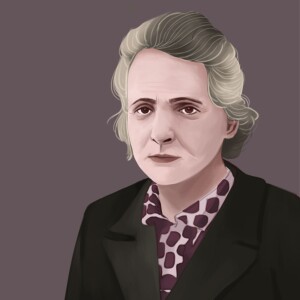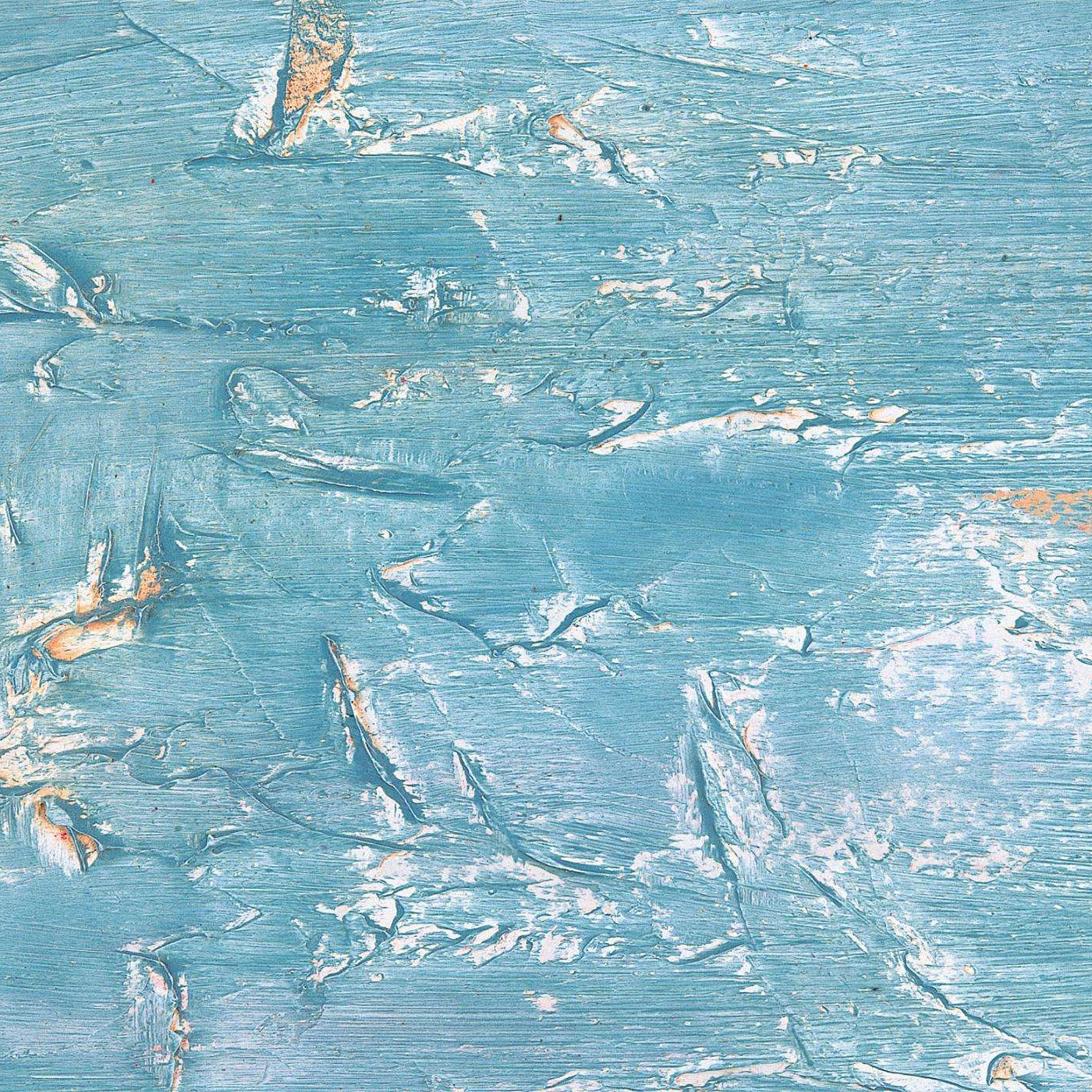
- Podcast Features
-
Monetization
-
Ads Marketplace
Join Ads Marketplace to earn through podcast sponsorships.
-
PodAds
Manage your ads with dynamic ad insertion capability.
-
Apple Podcasts Subscriptions Integration
Monetize with Apple Podcasts Subscriptions via Podbean.
-
Live Streaming
Earn rewards and recurring income from Fan Club membership.
-
Ads Marketplace
- Podbean App
-
Help and Support
-
Help Center
Get the answers and support you need.
-
Podbean Academy
Resources and guides to launch, grow, and monetize podcast.
-
Podbean Blog
Stay updated with the latest podcasting tips and trends.
-
What’s New
Check out our newest and recently released features!
-
Podcasting Smarter
Podcast interviews, best practices, and helpful tips.
-
Help Center
-
Popular Topics
-
How to Start a Podcast
The step-by-step guide to start your own podcast.
-
How to Start a Live Podcast
Create the best live podcast and engage your audience.
-
How to Monetize a Podcast
Tips on making the decision to monetize your podcast.
-
How to Promote Your Podcast
The best ways to get more eyes and ears on your podcast.
-
Podcast Advertising 101
Everything you need to know about podcast advertising.
-
Mobile Podcast Recording Guide
The ultimate guide to recording a podcast on your phone.
-
How to Use Group Recording
Steps to set up and use group recording in the Podbean app.
-
How to Start a Podcast
-
Podcasting
- Podcast Features
-
Monetization
-
Ads Marketplace
Join Ads Marketplace to earn through podcast sponsorships.
-
PodAds
Manage your ads with dynamic ad insertion capability.
-
Apple Podcasts Subscriptions Integration
Monetize with Apple Podcasts Subscriptions via Podbean.
-
Live Streaming
Earn rewards and recurring income from Fan Club membership.
-
Ads Marketplace
- Podbean App
- Advertisers
- Enterprise
- Pricing
-
Resources
-
Help and Support
-
Help Center
Get the answers and support you need.
-
Podbean Academy
Resources and guides to launch, grow, and monetize podcast.
-
Podbean Blog
Stay updated with the latest podcasting tips and trends.
-
What’s New
Check out our newest and recently released features!
-
Podcasting Smarter
Podcast interviews, best practices, and helpful tips.
-
Help Center
-
Popular Topics
-
How to Start a Podcast
The step-by-step guide to start your own podcast.
-
How to Start a Live Podcast
Create the best live podcast and engage your audience.
-
How to Monetize a Podcast
Tips on making the decision to monetize your podcast.
-
How to Promote Your Podcast
The best ways to get more eyes and ears on your podcast.
-
Podcast Advertising 101
Everything you need to know about podcast advertising.
-
Mobile Podcast Recording Guide
The ultimate guide to recording a podcast on your phone.
-
How to Use Group Recording
Steps to set up and use group recording in the Podbean app.
-
How to Start a Podcast
-
Help and Support
- Discover

The moral lesson of Marie Curie's life is perseverance and dedication towards one's goals. Despite facing numerous social and professional obstacles as a woman in a male-dominated field, Curie remained steadfast in her pursuit of scientific knowledge and breakthroughs.
Her unwavering determination and commitment to her work not only led her to become the first woman to win a Nobel Prize but also the only person to win Nobel Prizes in two different scientific fields (Physics and Chemistry). Her pioneering research on radioactivity laid the foundation for future advances in medical treatments and nuclear technology.
Another moral lesson from Curie's life is the importance of intellectual curiosity and the pursuit of knowledge for the betterment of humanity. Despite her immense success, Curie remained humble and focused on using her scientific discoveries to benefit society rather than personal gain. She worked as a dedicated teacher and actively supported the use of her research in medical applications during World War I.
Overall, Marie Curie's life teaches us the importance of perseverance, dedication, intellectual curiosity, and the pursuit of knowledge for the betterment of society, even in the face of adversity.
What happened to Marie Curie after her husband died?After her husband, Pierre Curie, died in 1906, Marie Curie faced numerous challenges but continued her groundbreaking scientific work. She took over her husband's position as a professor at the University of Paris, becoming the first woman to hold such a position.
Marie Curie's research focused on radioactivity, and she continued to investigate the properties of radioisotopes and their applications in medicine. She also collaborated with other scientists and shared her knowledge with younger generations.
In 1911, she won the Nobel Prize in Chemistry, becoming the first person and the only woman to win Nobel Prizes in multiple fields (Physics in 1903 and Chemistry in 1911). Her scientific achievements were widely recognized, and she became an inspiration for other women interested in scientific pursuits.
However, her personal life faced difficulties. Marie's association with physicist Paul Langevin, who was married at the time, caused a scandal and attracted intense media attention. Despite the negative publicity and public scrutiny, Marie Curie maintained her commitment to her work and her scientific legacy.
In the later years of her life, Marie Curie continued her research and teaching activities. She established research laboratories and institutes, such as the Radium Institute, where she conducted more experiments and trained future scientists.
Marie Curie passed away on July 4, 1934, due to aplastic anemia, likely caused by her extensive exposure to radiation during her scientific work. Even after her death, her contributions to science continued to have a lasting impact, shaping the field of radioactivity and inspiring generations of scientists.
What is a short summary of Marie Curie?Marie Curie, born Maria Skłodowska in 1867, was a Polish-born physicist and chemist who gained worldwide recognition for her groundbreaking research on radioactivity. She is the first woman to have received two Nobel Prizes and remains the only person to have received Nobel Prizes in two different scientific fields.
Curie's research on radioactivity was instrumental in leading to the development of new technologies in the field of medicine. She discovered the radioactive elements polonium and radium, and her work led to the creation of the theory of radioactivity.
Despite facing gender discrimination, Curie achieved remarkable success in her career. Alongside her husband Pierre Curie, she conducted ground-breaking experiments and became the first female professor at the University of Paris.
Marie Curie's dedication to scientific research and her contributions to the field not only revolutionized our understanding of radioactivity but also opened doors for future generations of women in science. She remains an inspiring figure and a symbol of perseverance and scientific excellence.
More Episodes
 2023-08-03
2023-08-03
 5
5
 2023-08-02
2023-08-02
 5
5
 2023-08-01
2023-08-01
 6
6
 2023-07-31
2023-07-31
 6
6
 2023-07-28
2023-07-28
 10
10
 2023-07-27
2023-07-27
 8
8
 2023-07-26
2023-07-26
 13
13
 2023-07-24
2023-07-24
 7
7
 2023-07-24
2023-07-24
 3
3
 2023-07-24
2023-07-24
 5
5
 2023-07-24
2023-07-24
 12
12
 2023-07-24
2023-07-24
 2
2
 2023-07-24
2023-07-24
 4
4
 2023-07-12
2023-07-12
 4
4
 2023-07-06
2023-07-06
 12
12
Create your
podcast in
minutes
- Full-featured podcast site
- Unlimited storage and bandwidth
- Comprehensive podcast stats
- Distribute to Apple Podcasts, Spotify, and more
- Make money with your podcast
It is Free
- Privacy Policy
- Cookie Policy
- Terms of Use
- Consent Preferences
- Copyright © 2015-2025 Podbean.com




